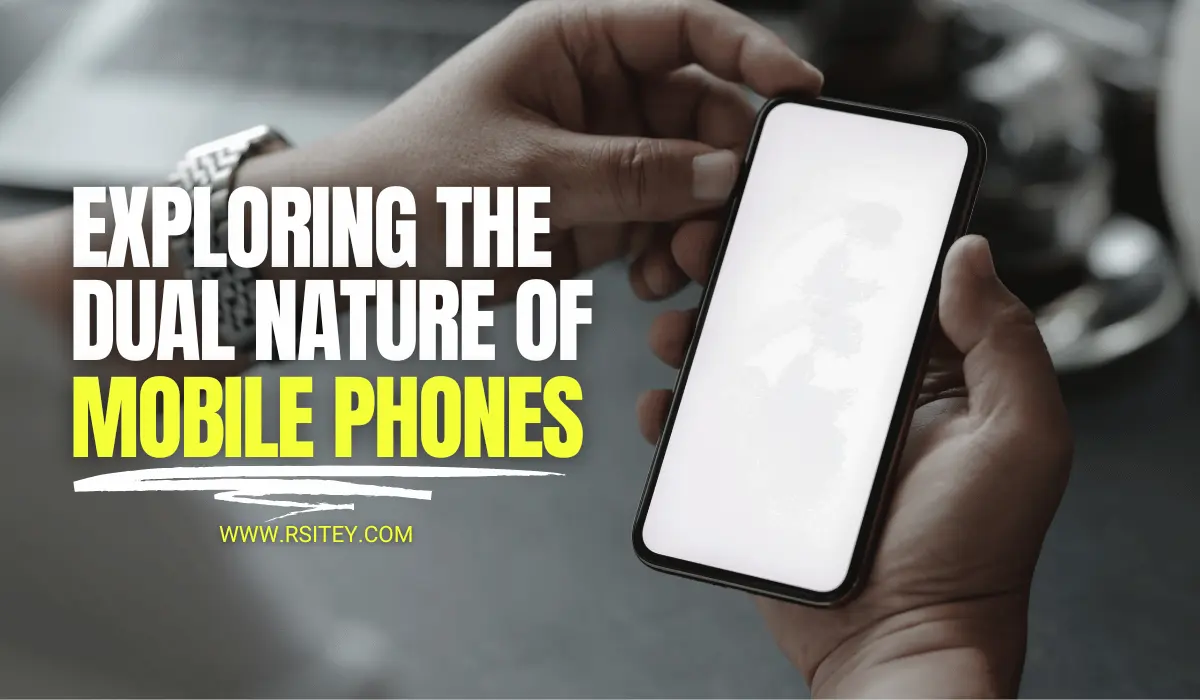In the digital age, mobile phones have become indispensable companions, seamlessly integrating into every aspect of our lives. These handheld devices have revolutionized communication, providing instant connectivity, entertainment, and a plethora of services at our fingertips. However, amidst the convenience they offer, there is a nuanced tale of both benefits and drawbacks.
Benefits:
1. Connectivity:
Mobile phones bridge geographical gaps, enabling instant communication with loved ones, colleagues, and acquaintances across the globe. Whether through calls, texts, or social media platforms, staying connected has never been easier.
2. Information Access:
The internet, accessible through mobile phones, serves as a vast repository of information. From educational resources to news updates and DIY tutorials, the wealth of knowledge empowers users to learn and explore diverse topics effortlessly.
3. Convenience:
Mobile phones streamline everyday tasks, from banking and shopping to navigation and scheduling. With mobile apps, users can manage finances, make purchases, find directions, and organize their calendars with unparalleled ease.
4. Entertainment:
Entertainment options abound on mobile devices, ranging from streaming services and gaming apps to e-books and podcasts. These platforms offer a plethora of content tailored to individual preferences, ensuring endless amusement on the go.
5. Productivity:
Mobile phones facilitate productivity by providing tools for remote work, task management, and collaboration. With email access, document editing software, and video conferencing capabilities, users can efficiently tackle professional responsibilities from any location.
Drawbacks:
1. Distraction:
The allure of mobile phones can be a double-edged sword, often leading to distractions that hinder productivity and interpersonal interactions. Constant notifications, social media scrolling, and gaming can steal attention away from important tasks and real-world interactions.
2. Dependency:
Over Reliance on mobile phones can breed a sense of dependency, with users feeling anxious or disoriented when separated from their devices. This dependency may impede face-to-face communication skills and foster a reliance on virtual interactions.
3. Health Concerns:
Extended use of mobile phones has been associated with various health concerns, including eyestrain, neck and wrist pain, and disrupted sleep patterns due to blue light exposure and excessive screen time. Moreover, excessive phone usage may contribute to sedentary lifestyles and decreased physical activity levels.
4. Privacy Risks:
The interconnected nature of mobile devices raises concerns about data privacy and security. From location tracking to data breaches and unauthorized access, mobile phone users face inherent risks to their personal information and digital identities.
5. Social Isolation:
Paradoxically, while mobile phones enhance connectivity, they can also foster social isolation by replacing face-to-face interactions with virtual communication. Excessive reliance on digital interactions may weaken interpersonal relationships and diminish the richness of in-person connections.
Conclusion
In conclusion, mobile phones are a modern marvel, offering unparalleled convenience, connectivity, and entertainment. However, their pervasive presence also brings forth a host of challenges, from distractions and health concerns to privacy risks and social implications. As we navigate the digital landscape, it is imperative to strike a balance, harnessing the benefits of mobile technology while mitigating its potential drawbacks, to foster a harmonious relationship with these ubiquitous devices.


